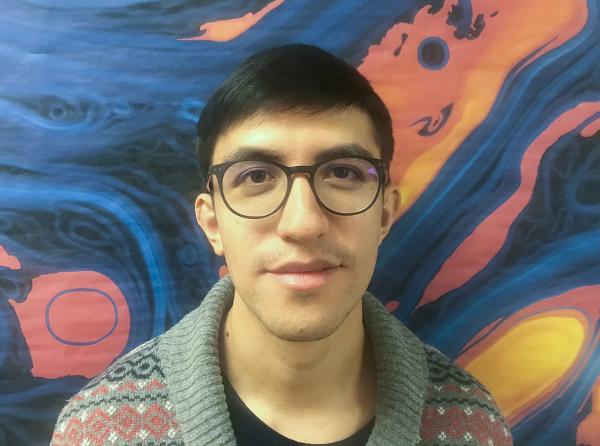
Pedro Cabrera
Pedro Cabrera
MIT Plasma Science and Fusion Center
Friday, February 21, 2020
3:00pm
NW17-218
Abstract: This talk will discuss two new diagnostics developed at the TCV tokamak: a Doppler backscattering (DBS) system and short-pulse reflectometer (SPR). Innovative experiments with the DBS diagnostic have demonstrated a new approach to generating and detecting multiple simultaneous frequencies using a digital AWG and direct sampling. Furthermore, the magnetic-field line pitch angle at the edge has been estimated by rotating the polarisation axis orientation of the probing beam while maintaining a constant ellipticity.
The SPR diagnostic is the first broad-band pulse reflectometer conceived which allows for flexible pulse output frequency, duration, and repetition rate. Such flexibility allows the instrument to overcome traditional SPR spatial sampling limitations while reducing hardware complexity. In order to measure the group-delay of short pulses (∼1ns), both traditional analog and digital sampling techniques have been explored reaching a group-delay resolution of 17ps (2.5mm) in average. First results will be presented of group-delay dynamics under various plasma conditions as well as density profiles reconstructed with micro-second resolution.
Bio: Pedro is currently a postdoctoral associate at PSFC on secondment to the Max Planck Institute for Plasma Physics in Garching, Germany. He works in Anne White's group studying the physics of turbulence through RF diagnostics and model validation efforts in the ASDEX Upgrade tokamak. Pedro did his PhD at the Swiss Plasma Center in Lausanne, Switzerland. He developed reflectometry diagnostics for the TCV tokamak, which will be the subject of this talk. Born and raised in Cuenca, Ecuador, Pedro moved to Canada for his undergrad at Queen's University in Kingston, Ontario.